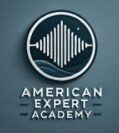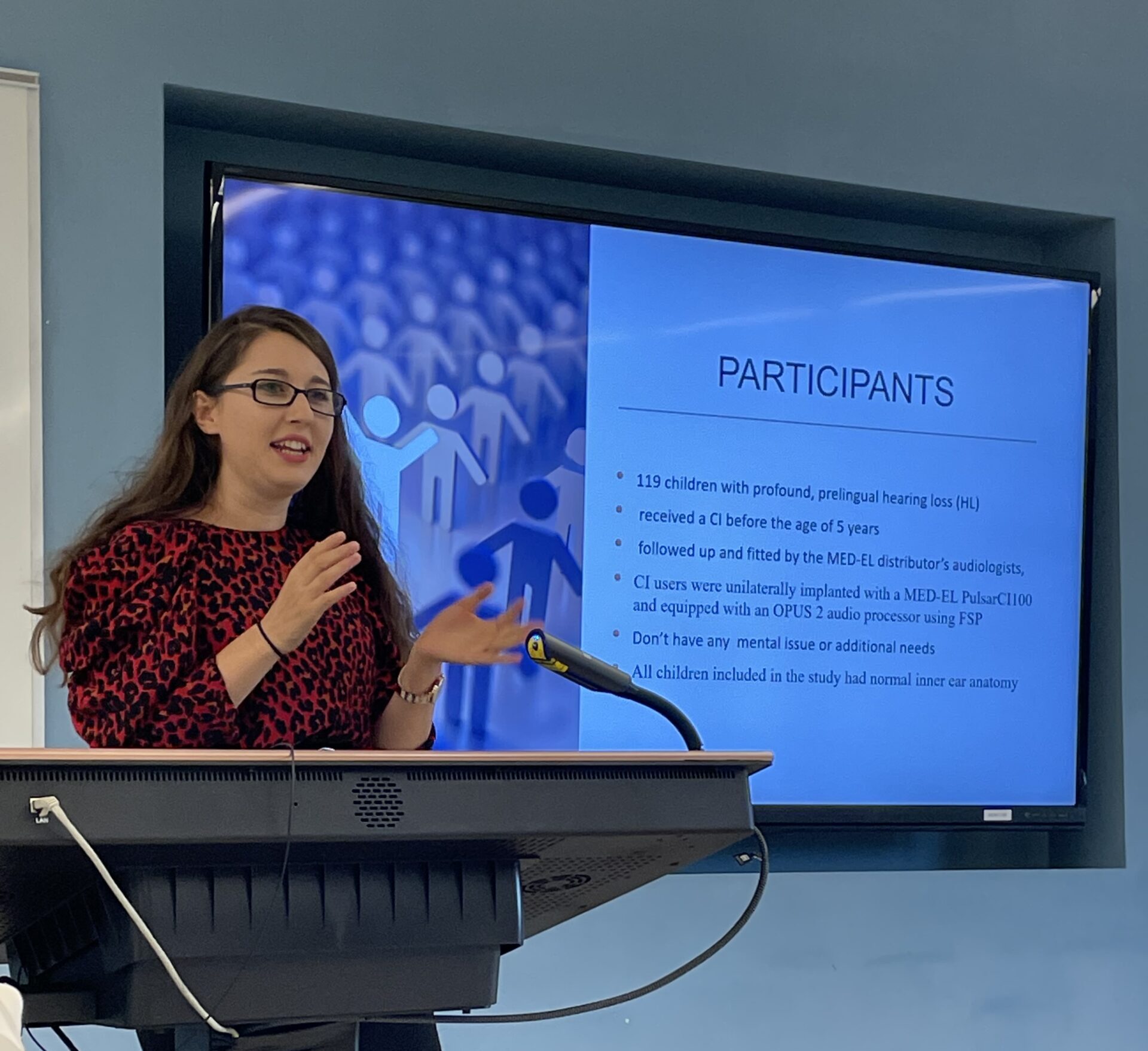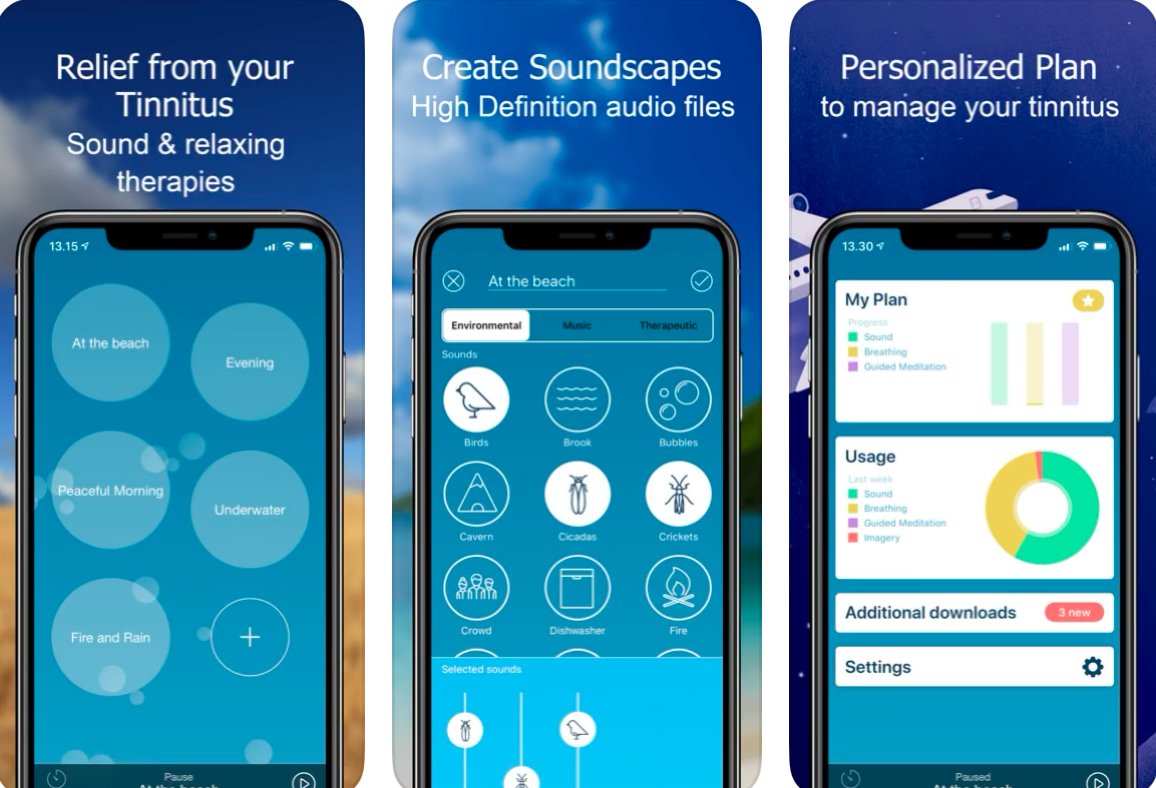How International Students and Aspiring Au.D. Students Can Build a Successful Career in Audiology in the USA: A Step-by-Step Guide by Dr. Seyma Yalçınkaya
Are you an international student or an aspiring Au.D. student planning to build a successful career in audiology in the United States? The path may seem challenging, but with the right preparation and knowledge, it’s entirely achievable. In this guide, I will walk you through the entire process—from applying to audiology programs to securing your first job interview—using real documents and experiences from my own journey.
As an ASHA-certified audiologist who was accepted into an audiology program in the U.S. as an international student, I’ve personally navigated the hurdles and opportunities that await you. Whether you’re an international student or simply looking to pursue your Au.D. in the U.S., following these steps will equip you with the tools you need to succeed in this rewarding profession.
1. Building a Strong CV and Letter of Intent
Your CV and letter of intent are your first chance to make a strong impression on admissions committees or potential employers. These documents should highlight your academic background, clinical experience, and passion for audiology.
- CV: A well-organized CV is essential. It should emphasize your education, clinical experience, research, certifications, and any work or volunteer experience. Don’t forget to include language skills and any international experience, as these can set you apart from other candidates.
- Cover Letter: This is where you explain why you want to pursue audiology, why you’re interested in studying or working in the U.S., and your career goals. Be personal and specific—draw on your experiences to demonstrate your commitment to the field.
When I applied, tailoring my CV to meet U.S. standards and crafting a compelling letter of intent helped me stand out.
2. Obtaining Strong Letters of Recommendation
Letters of recommendation are a critical part of the application process. Whether you’re applying for an audiology program or looking for a job, these letters should come from individuals who know you well and can speak to your skills and character.
- Who to Ask: Choose professors, clinical supervisors, or employers who can provide specific examples of your abilities. For academic applications, select recommenders who can speak to your academic strengths, and for job applications, consider supervisors who can vouch for your clinical or research work.
- What They Should Include: Strong letters should highlight your skills, experience, and dedication to audiology. Your recommenders should tailor their letters to the specific program or position you’re applying for.
Having letters from both academic mentors and clinical supervisors proved invaluable during my application process.
3. Navigating the Application Process for U.S. Audiology Programs
As an international student or an aspiring Au.D. student, applying to audiology programs in the U.S. involves several steps, including credential evaluations and visa applications.
- Credential Evaluation: Your international degree needs to be evaluated by a recognized credential evaluation service, such as WES (World Education Services), to ensure that it meets U.S. academic standards.
- GRE Requirements: Some programs may require the GRE (Graduate Record Examinations), so check each program’s specific requirements. Make sure to allow enough time for preparation if the GRE is required.
- Visa and Immigration Requirements: International students will need an F-1 student visa. This process requires proof of acceptance into a U.S. program and financial support. Be sure to consult the U.S. embassy or consulate for detailed guidance on the application process.
4. Preparing for Clinical Externships and Job Opportunities
Once accepted into a U.S. program, clinical externships are essential for gaining practical experience. These externships not only help you sharpen your clinical skills but also allow you to network and make valuable professional connections.
- Externship Applications: Begin early by researching externship programs and sites. Tailor your CV and provide strong letters of recommendation for your externship applications. This experience is a crucial step toward securing a full-time position after graduation.
- Job Search and Networking: As you near graduation, the job search begins. Networking is essential to finding the right opportunities. Conferences like those hosted by the American Academy of Audiology (AAA) and American Speech-Language-Hearing Association (ASHA) are excellent venues to meet potential employers and learn about job openings.
- Job Search Platforms: One excellent resource for finding job opportunities in audiology is HarCareer.com. This platform is designed to help audiologists connect with employers and find positions that match their skills and interests. It’s a great tool for discovering job openings, internships, and externship opportunities.
During my job search, networking at conferences and using platforms like HarCareer.com played a key role in helping me find my first full-time position in the U.S.
5. Obtaining State Licenses and Professional Certifications
To practice as an audiologist in the U.S., you must meet state licensing requirements and may want to obtain professional certifications such as AAA (American Academy of Audiology) and ASHA (American Speech-Language-Hearing Association).
- State Licensure: Each state has different requirements for licensure, but generally, you’ll need to pass national exams and fulfill specific state criteria. The Praxis Exam in Audiology is commonly required for licensure.
- Professional Certifications: While not always required, obtaining certifications from organizations like AAA and ASHA can enhance your credibility and open up more job opportunities.
I found that obtaining certifications from AAA and ASHA not only helped me stay competitive but also ensured I was providing the highest standard of care.
6. Interview Preparation and Success
When it comes to securing a job in audiology, the interview is your chance to showcase your skills, experience, and passion for the field.
- Know Your Resume: Be prepared to discuss your CV in detail. This includes your academic background, clinical experiences, and any research projects you’ve been involved in.
- Practice Behavioral Interviews: Employers often use behavioral interview techniques to assess how you handle various situations in the workplace. Practice your responses to questions about challenges, working with diverse patient populations, and managing patient care.
- Know U.S. Audiology Standards: Be familiar with current evidence-based practices in audiology and any specific requirements of the role you’re applying for.
Conclusion
Building a successful career in audiology in the U.S. as an international student or aspiring Au.D. student is a multi-step process that requires careful planning and dedication. By following these steps—from crafting a standout CV and letter of intent to obtaining the right licenses and certifications—you will be well-prepared for a rewarding career in audiology.
If you’re ready to take the next step, I’ve designed a course based on my own experiences to help international students and aspiring audiologists navigate the journey to building a successful career in the U.S. The course includes real-world documents and detailed information on everything from preparing application materials to obtaining licensure and certifications.




Hi, this is a comment.
To get started with moderating, editing, and deleting comments, please visit the Comments screen in the dashboard.
Commenter avatars come from Gravatar.